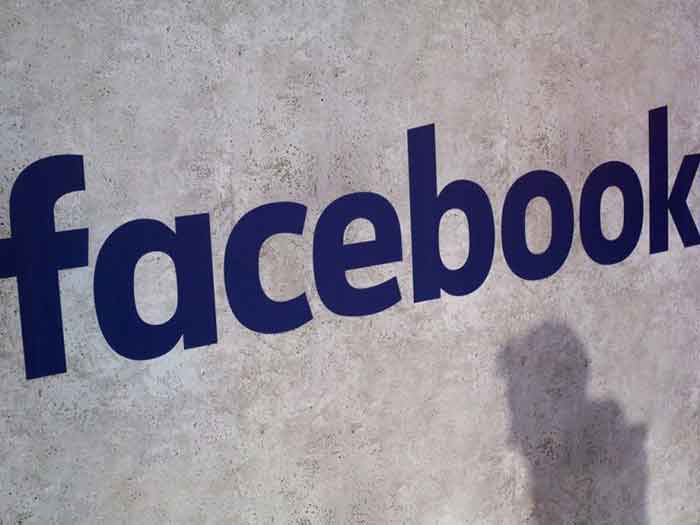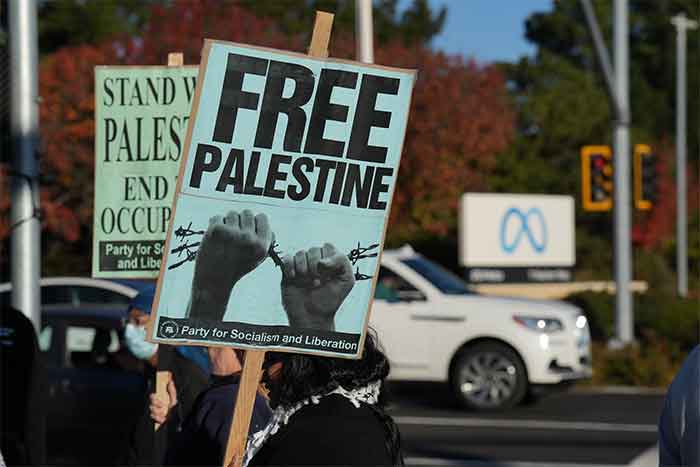As the general election approaches, there are few spaces where the opposition can be safe online

India has been tightening its platform laws for years, but with next year’s general election approaching, the sheer number of government takedowns is starting to pile up.
In the first six months of 2023, Facebook restricted more than 10,000 items in India, a tenfold jump from the previous six-month period.
We don’t have numbers for the second half of the year yet, but the last time there was a spike this big was in the lead-up to the previous general election in 2019 — which suggests the increase may just be getting started.
With recent changes to India’s IT rules, there are now many more tools for taking down content than there were in 2019, and also fewer safeguards to stop them from being used for partisan warfare. The IT rules allow takedown orders to be sent directly by the Ministry of Electronics and Information Technology (MeitY), which can process far more orders and requests. The laws also formed grievance appellate committees, which deal specifically with complaints about social media. According to the public-facing website, more than 300 appeals have been processed by the committees.
I spoke to Apar Gupta, executive director of India’s Internet Freedom Foundation, about the quieter changes he’s noticed as online restrictions have tightened. “The experience of platforms has tremendously changed,” Gupta told me. “A substantial amount of the content questioning the government is just not available in India.”
“If I find anything offensive on the internet, I can make a complaint to Twitter or Facebook, and if I’m dissatisfied with them I can approach the government.”
Gupta also pointed me to a survey from March of this year, which found that more than two-thirds of the respondents in India were scared of legal repercussions for voicing their social and political views online.
“It’s essentially created an institutional apparatus for censorship,” Gupta said. “If I find anything offensive on the internet, I can make a complaint to Twitter or Facebook, and if I’m dissatisfied with them I can approach the government.”
The impact of those new channels goes far beyond the moderation figures. Moderators have adapted to the new enforcement systems, changing standards to reduce friction with the government. Users have learned to avoid posts that might draw moderation actions or send a wave of trolls their way. Soon, they take for granted that online spaces are friendly to the ruling party, and opposition groups no longer bother contesting it.
Like all social networks, Facebook was founded on U.S. ideas of free speech, which are built into the platform at a very deep level. For most Western users, those ideas are still central to what Facebook represents — for better or worse. Now India is diverging from that idea of free speech, and platforms like Facebook are left in a difficult position. Spanning both systems, they’re subject to both sets of rules at once, and expected to uphold conflicting ideas about how much control a platform should have over a citizen’s speech.
Managing that contradiction is fraught at the best of times, but with national elections approaching in both India and the United States, it may soon become impossible.
Russell Brandom is the U.S. Tech Editor at Rest of World.
This article originally appeared in Exporter, a weekly newsletter covering the latest on U.S. tech giants and their impact outside the West.
https://restofworld.org/2023/exporter-facebook-india-election-censorship/












































